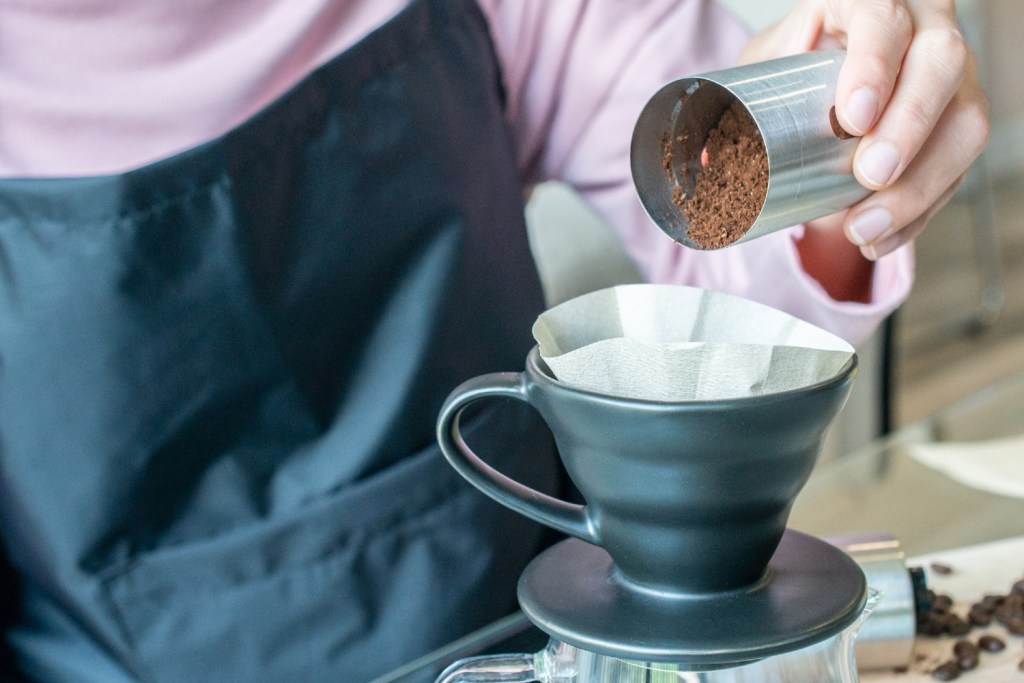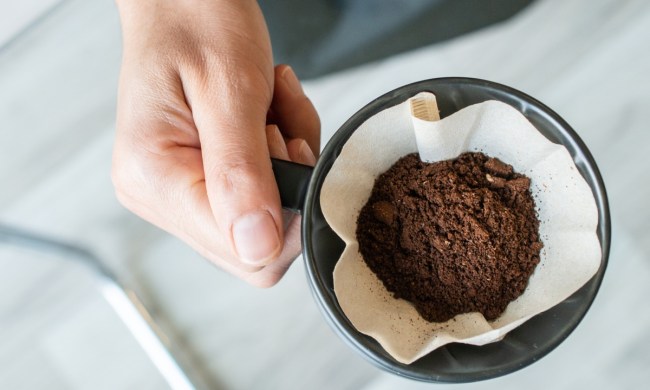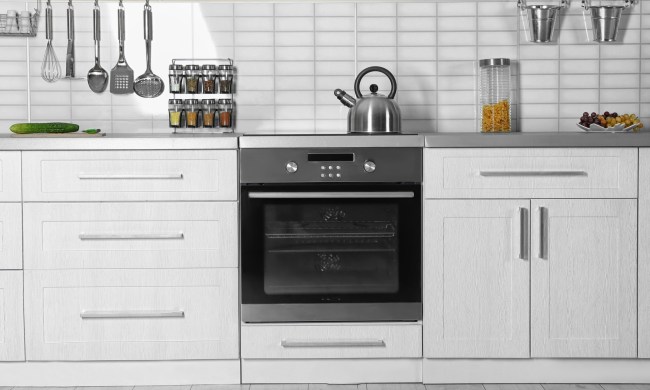If you are a coffee drinker, odds are you have encountered people that argue the only way to prepare coffee is to grind the beans yourself. Maybe you feel like you’re not missing out on much and are happy to continue making your coffee the way you have always done it. Perhaps you think you don’t have the time to grind your coffee beans. Maybe you feel that all of the work of grinding your beans just won’t be worth it.
Whatever your reason is for not purchasing a grinder and grinding your own coffee is, we’re here to change your mind. Freshly ground coffee is delicious and doesn’t take that much extra time. These are the four main reasons you should stop buying ground coffee and get a grinder instead.
1. Freshness

The first, and most apparent reason, you should stop buying pre-ground coffee and start buying whole bean coffee that you grind yourself is freshness. The minute a coffee bean is ground, it begins to lose its freshness. The reason for this is that since the grounds are so small, it takes very little time for oxygen to penetrate the coffee and cause it to start decaying. Once a coffee bean is ground, it begins to lose its natural sugar and aroma and turn bitter. Coffee also contains oils, and they are incredibly susceptible to contamination. This means that the odors in the area of the ground coffee will quickly taint the way your coffee tastes. All of these contaminants and decay can be avoided if you purchase whole coffee beans and grind them yourself before brewing a pot.
2. Convenience
It may not seem that grinding your coffee beans at home is convenient at all. However, pre-ground coffee is only made for regular drip coffee pots. Thus, the convenience of pre-ground coffee made for regular drip coffee pots is not really that convenient at all. What if you want to brew amazing French press coffee or pour-over coffee? What if you’re going to make an espresso or cappuccino? Your pre-ground coffee will not brew using any of these methods. The fact of the matter is that the grind size of your coffee has to pair with the type of brewer you are using, or you will get unbalanced tasting coffee. The best part about this fact is that grinding your coffee beans at home allows you to change the size of the grind based on the type of brewing you will be doing, including auto-drip machines.
3. Flavor

Whole coffee beans give you the power to control your coffee’s flavor. With pre-ground coffee, you are stuck with the flavors that you get – if you don’t like it, you can’t change it. This is not the case with freshly ground coffee. When you grind your own coffee beans, you can decide the grind size, as discussed above. Grind size determines brew speed – small grinds brew fast, large grinds take longer. So, if you like a weak cup of coffee, you will probably want a smaller grind on your beans. If you like a strong brew, you will want a larger grind.
You can also control the bitterness based on the size of the grind of your coffee. If your coffee is too bitter, odds are you extracted too much from the grounds. If you grind the beans to a coarser setting next time, you can reduce the amount of extraction and balance out the flavor. The same holds true for sour coffee. If your coffee is too tart, you probably under-extracted the grounds (meaning it didn’t brew long enough), and you can adjust this by grinding the beans finer next time.
4. Price
When it comes to price, there is no considerable difference between pre-ground coffee beans and whole beans. However, whole beans keep much longer than pre-ground coffee and thus are a better value. Remember, the moment a coffee bean is ground, it begins to lose flavor. Therefore, by the time that ground coffee reaches your kitchen, it has lost a ton of flavor. Not to mention, as soon as you disrupt the vacuum seal on the package, the grounds are exposed to oxygen and lose even more flavor. Whole coffee beans can be stored for months and will keep most of their flavor. The longer shelf life of whole coffee beans over pre-ground beans saves you money in the long run.
Meanwhile, if you are on a low-carb diet or you’re looking for a fresher way to enjoy your beans, read on further for some facts about the bulletproof coffee. What are the benefits and the drawbacks? Is it right for you?



